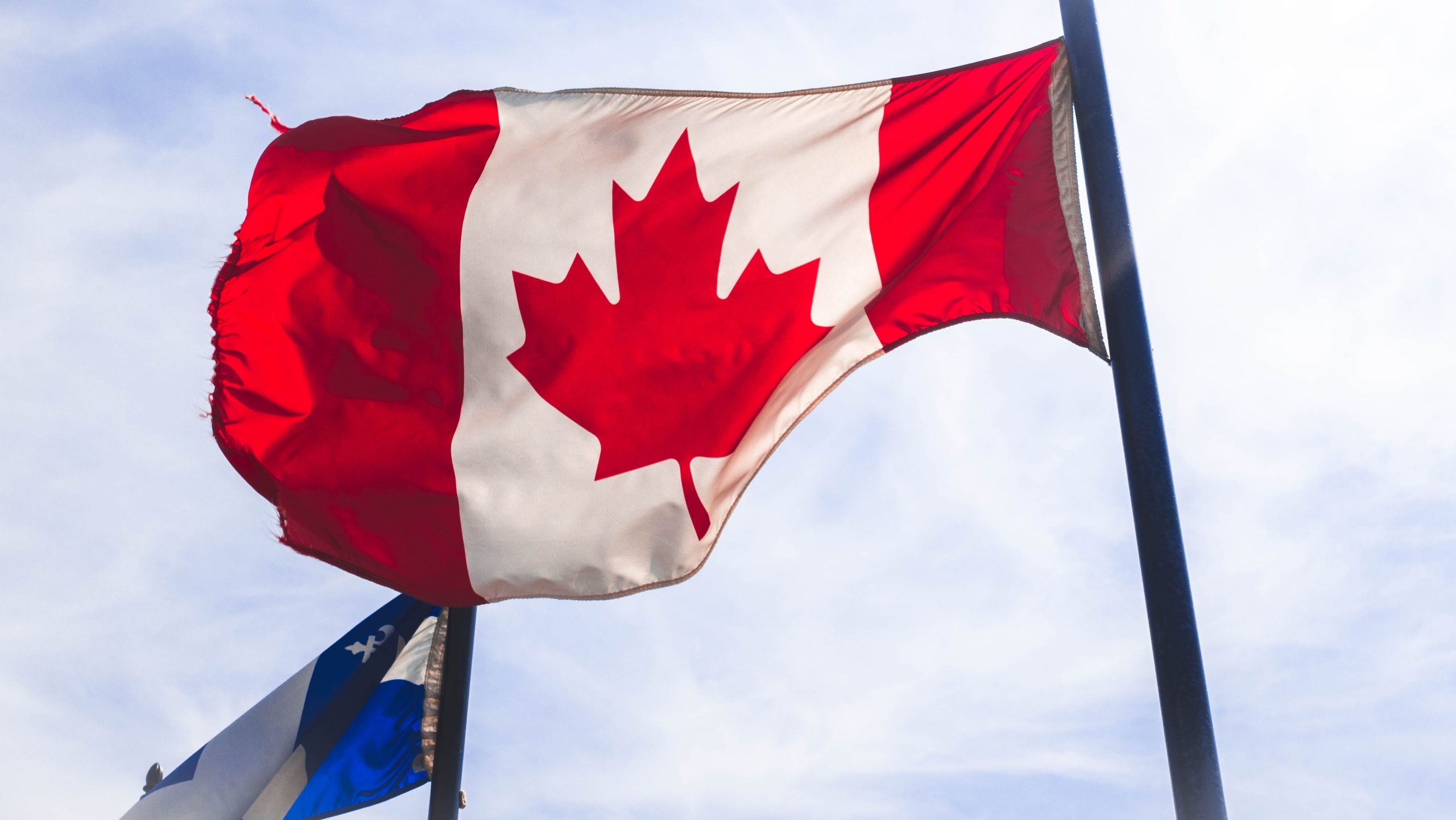Canadian parliament passed a non-binding motion on Monday terming China’s treatment of its Uighur minority a “genocide” and calling on Prime Minister Justin Trudeau’s government to officially label it as such.
The motion, introduced by opposition Conservatives, was passed unanimously in the House of Commons by 266 votes out of 338. The remaining members, which included ministers from Trudeau’s Liberal government, abstained from voting.
The motion recognises that “Uighurs in China have been and are being subject to genocide.”
The MPs cited in particular reports of “political and anti-religious indoctrination,” “forced labor” and “destruction of cultural sites” — among other atrocities — that the Muslim minority in Xinjiang has been forced to undergo.
An amendment to the motion calling for the 2022 Beijing Winter Olympics to be moved if the “genocide” continues was also adopted.
According to foreign experts, more than one million Uighurs are being held in political reeducation camps. Beijing has denied this and claims they are vocational training centers designed to guide Uighurs away from terrorism and separatism, following attacks attributed to the community.
Also read: Joe Biden’s first: US President and Justin Trudeau to meet in a bilateral summit
“Now Conservatives are calling on the Liberal government to respect Parliament and officially recognize the genocide happening in China,” said opposition leader Erin O’Toole, who for months has urged Ottawa to harden its stance towards Beijing.
“The Government of Canada takes any allegations of genocide extremely seriously,” foreign affairs minister Marc Garneau said in a statement, noting that Canada favors a joint approach with its allies on this issue.
Trudeau had said on Friday there had been significant human rights abuse reports coming out of Xinjiang.
Following a G7 meeting, the prime minister said Canada was consulting with its international allies on the use of the term “genocide,” already used by former US president Donald Trump’s administration.
Canada-China relations soured in late 2018 over the arrest of Huawei executive Meng Wanzhou on a US warrant, and China’s detention of two Canadians — former diplomat Michael Kovrig and businessman Michael Spavor — in what Ottawa has called retaliation.







